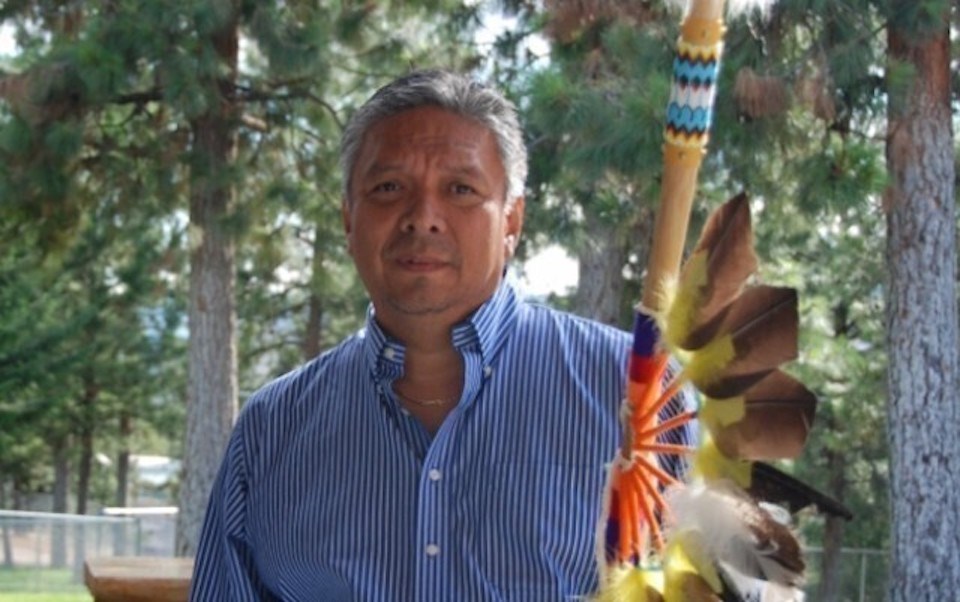The chief of the Okanagan Indian Band says an apology from the pope doesn't make much difference to him.
On Monday, Pope Francis apologized for the Catholic Church’s co-operation with Canada’s "devastating" policy of Indigenous residential schools, saying the forced assimilation of Indigenous people into Christian society destroyed their cultures, severed their families and marginalized generations in ways still being felt today.
"I humbly beg forgiveness for the evil committed by so many Christians against the Indigenous peoples," Francis said in Alberta.
OKIB Chief Byron Louis said the pope's words may have had a little more effect had the pontiff come to Kamloops, the site of the discovery of 215 children's graves, which touched off a national mourning – but that he's neither pleased nor disappointed with the apology.
"That would have meant it actually meant something," said Louis, whose own mother, grandmother, aunts and uncles were forced to attend the school.
"What I think is ... after remaining quiet all along, is the apology genuine?
"What is the apology for? Sorry for what they did, or sorry that they got caught?"
A real apology has to be something "more substantial," says Louis.
"We still have multi-generational damage amongst our people. I don't have to go very far to see the damage residential schools have done."
Louis says tools need to be put in place to undo that damage, especially the mental health legacy of trauma the schools left behind.
The pope's words on Monday went beyond an earlier apology for the "deplorable" acts of missionaries, taking responsibility for the church's institutional co-operation with the "catastrophic" assimilation policy Canada's Truth and Reconciliation Commission has said amounted to a "cultural genocide."
"What does it cost to have true belief in the fellowship of man?" Louis asked.
If the church is a "true institution of spirituality," it should act like one, the chief said – not like a corporation attempting to protect its assets.
"They finally have an opportunity to do some good after 1,000 years at the height of power ... here's their opportunity to be that 'state of consciousness' rather than operating like a nation state."
He said what's happening in Canada is not unique, and similar scandals have followed the church around the globe.
The residential schools' legacy is one of destroyed families.
"We're not parents by instinct," he said. "We're taught by our own parents ... no wonder we have all the dysfunction. More children are in care now than at the height of the residential schools. We're not learning to be parents.
"Does sorry cover that off? Does it make it better?"



